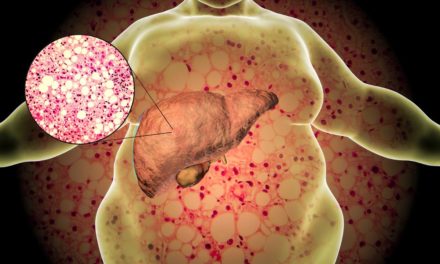Introduction:
Nausea is a common and unpleasant feeling that most people experience at some point in their lives. It is characterized by stomach discomfort, often accompanied by the urge to vomit. Nausea can be caused by a variety of factors, ranging from digestive problems and infections to emotional triggers. Although it is usually a temporary and mild condition, persistent or severe nausea can significantly affect a person’s health. In this comprehensive article, we explore the world of nausea, highlighting its causes, effective treatments, and practical coping strategies to help individuals manage the condition and improve their overall quality of life.
Identify nausea:
Nausea is a subjective feeling and can manifest differently among individuals. Common symptoms of nausea include:
- A slight feeling in the stomach
- Increased salivation
- Cold sweat
- Dizziness or light-headedness
- Unpleasant taste in the mouth
Common causes of nausea:
- Digestive problems: Gastritis, gastro and acid reflux can cause nausea.
- Motion sickness: Traveling in cars, boats, or airplanes can cause motion sickness.
- Infections: Viral or bacterial infections affecting the stomach or intestines can cause nausea.
- Pregnancy: Morning sickness is a common symptom of nausea due to pregnancy.
- Medicines: Nausea can occur as a side effect of some medicines or medical treatments.
- Stress and Anxiety: Emotional stress and anxiety can lead to feelings of nausea.
Effective treatment for nausea:
- Ginger: Consuming ginger in various forms, such as ginger tea, ginger candy, or supplements, relieves nausea for many people.
- Peppermint: Peppermint tea or peppermint oil can help soothe the stomach and relieve nausea.
- Deep breathing: Practicing deep breathing exercises can help relax the body and reduce nausea.
- Acupressure: Applying pressure to specific points on the wrist using an acupressure band can relieve nausea.
- Hydration: Sipping on clear fluids or electrolyte-rich drinks can prevent dehydration and reduce nausea.
- Small, frequent meals: Choose small, light meals to reduce the burden on the digestive system.
Strategies to Cope with Nausea:
- Rest: Getting adequate rest can help the body recover and reduce nausea.
- Fresh air: Staying in well-ventilated areas with fresh air can reduce feelings of nausea.
- Avoid triggers: Identify and avoid triggers that increase nausea, such as certain foods or strong odors.
- Distractions: Engaging in pleasant activities and distractions can help distract from nausea.
When to seek medical attention:
Although most cases of nausea are self-limiting and do not require medical attention, it is important to seek help if:
- Nausea is severe or persistent.
- Along with other associated symptoms, such as severe abdominal pain or high fever
Result:
Nausea is an uncomfortable feeling that many people experience due to various triggers. Understanding its potential causes, effective treatment and coping strategies can significantly improve the ability to manage and overcome nausea. By adopting simple remedies like ginger or peppermint, practicing relaxation techniques and avoiding triggers, individuals can relieve nausea and improve their overall health. In most cases, nausea is a temporary discomfort, but seeking medical attention for persistent or severe nausea is critical to identifying and treating any underlying health problems. By prioritizing self-care and seeking professional help when needed, individuals can navigate nausea episodes with greater ease and comfort.










